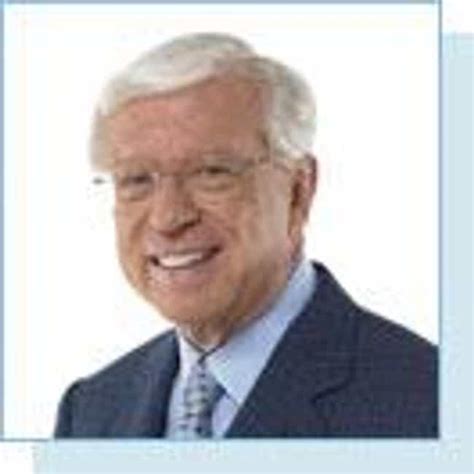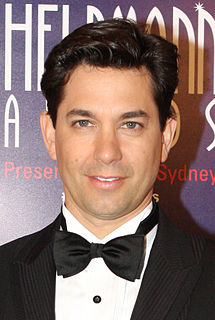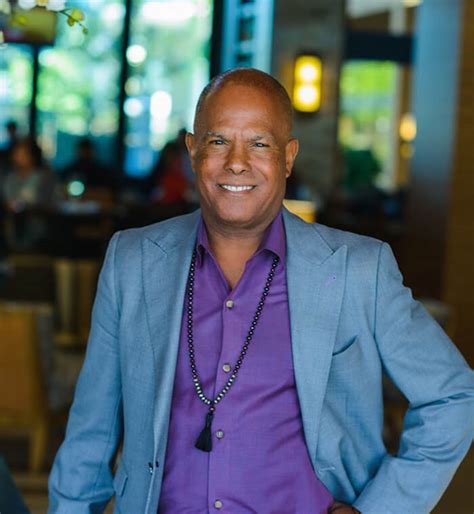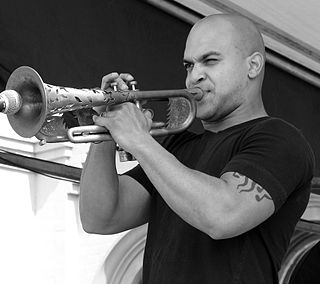A Quote by Esther Dyson
The most interesting lessons often lie in the mundane - those aspects of everyday life that locals take for granted and tourists tend to overlook.
Related Quotes
A person who suffers from a character disorder frequently has significant behavioral or emotional problems that will almost certainly spell disaster for any marital relationships. One of the most difficult aspects of identifying people with character disorders is that they tend to be unusually charming. People with these kinds of disorders tend to lie, cheat, exaggerate, and take advantage of others.
I think we have gotten to a point as Americans, unfortunately, where we take for granted the magic that life brings and that life is really special and every life matters. We tend to go through life but not take the moment to step back and remember you are here, right now, for a very finite amount of time.
Poland is at the center of European civilization. It has contributed mightily to that civilization. It is doing so today by being magnificently unreconciled to oppression. Poland's struggle to be Poland and to secure the basic rights we often take for granted, demonstrates why we dare not take those rights for granted.
What is particularly intriguing, in fact, is that whereas many peoples tend to locate this experience (of the sacred) in certain unusual, if not 'supernatural' moments and circumstances . . . the Oriental focus is upon mystery in the most obvious, ordinary, mundane-the most natural-situations of life.
The way forward does not lie in amateur and comically timeless linguistic sociology which takes 'forms of life ' for granted (and this is what philosophy has been recently), but in the systematic study of forms of life which does not take them for granted at all. It hardly matters whether such an inquiry is called philosophy or sociology.



































